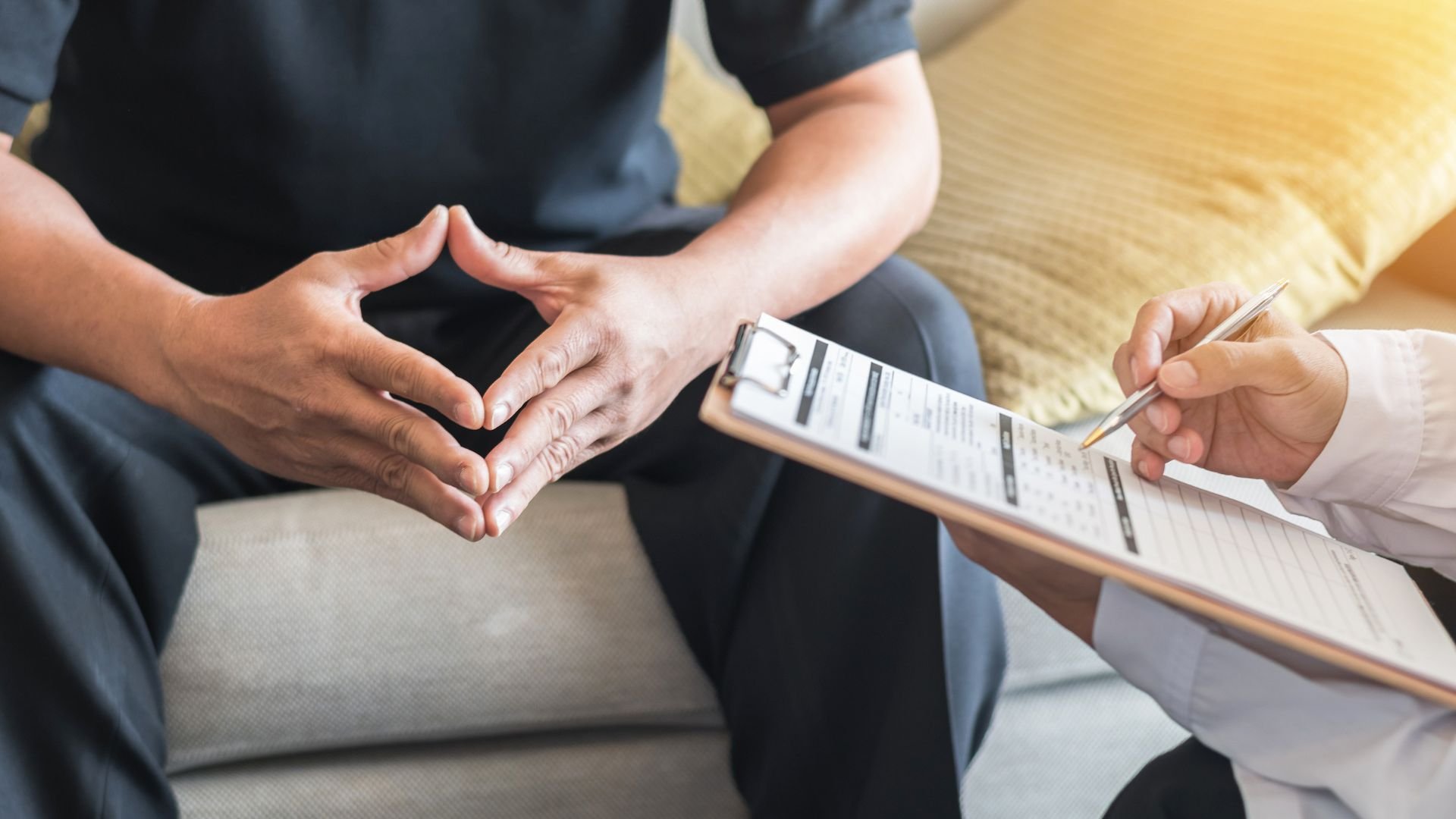
Treating Benign Prostatic Hyperplasia (BPH)
What is Benign Prostatic Hyperplasia (BPH)?
Benign prostatic hyperplasia (BPH) refers to the non-cancerous growth of the prostate gland, mainly affecting older men. As the prostate grows, it can press against the urethra, leading to urinary symptoms like frequent urination, difficulty starting or stopping the flow, and nocturia (nighttime urination).
BPH's exact cause remains unclear, but age, family history, and hormones are contributors. It doesn't increase the risk of prostate cancer. Diagnosis often involves a rectal examination, urine tests, and sometimes imaging or specialized tests to measure urine flow.

Treatments For Benign Prostatic Hyperplasia (BPH)
Lifestyle Modifications:
Fluid Management: Limit fluids before bedtime to reduce nighttime urination. Spread fluid intake throughout the day and avoid excessive caffeine and alcohol.
Dietary Changes: Eat a fiber-rich diet to prevent constipation. Focus on heart-healthy foods and reduce salty or spicy items that may irritate the bladder. Consider limiting caffeine, alcohol, artificial sweeteners and carbonated beverages as they can make urinary symptoms worse.
Bladder Training: Try timed voiding to reduce urgency and frequency. Use double voiding to ensure the bladder is fully emptied.
Stress Management: Practice relaxation techniques like deep breathing and meditation to reduce stress-related symptoms.
Medication Considerations:
Certain medications can worsen urinary conditions, consult your prescribing doctor for guidance.
Medications & Surgery
Dr. Garbens may prescribe medications to help you with your urinary symptoms.
For many men, surgery is the best option and Dr. Garbens performs minimally invasive surgeries for BPH including:
Green light laser transurethral resection of the prostate (GL-TURP)
Soon she will be offering THULEP, an advanced minimally invasive surgery.
